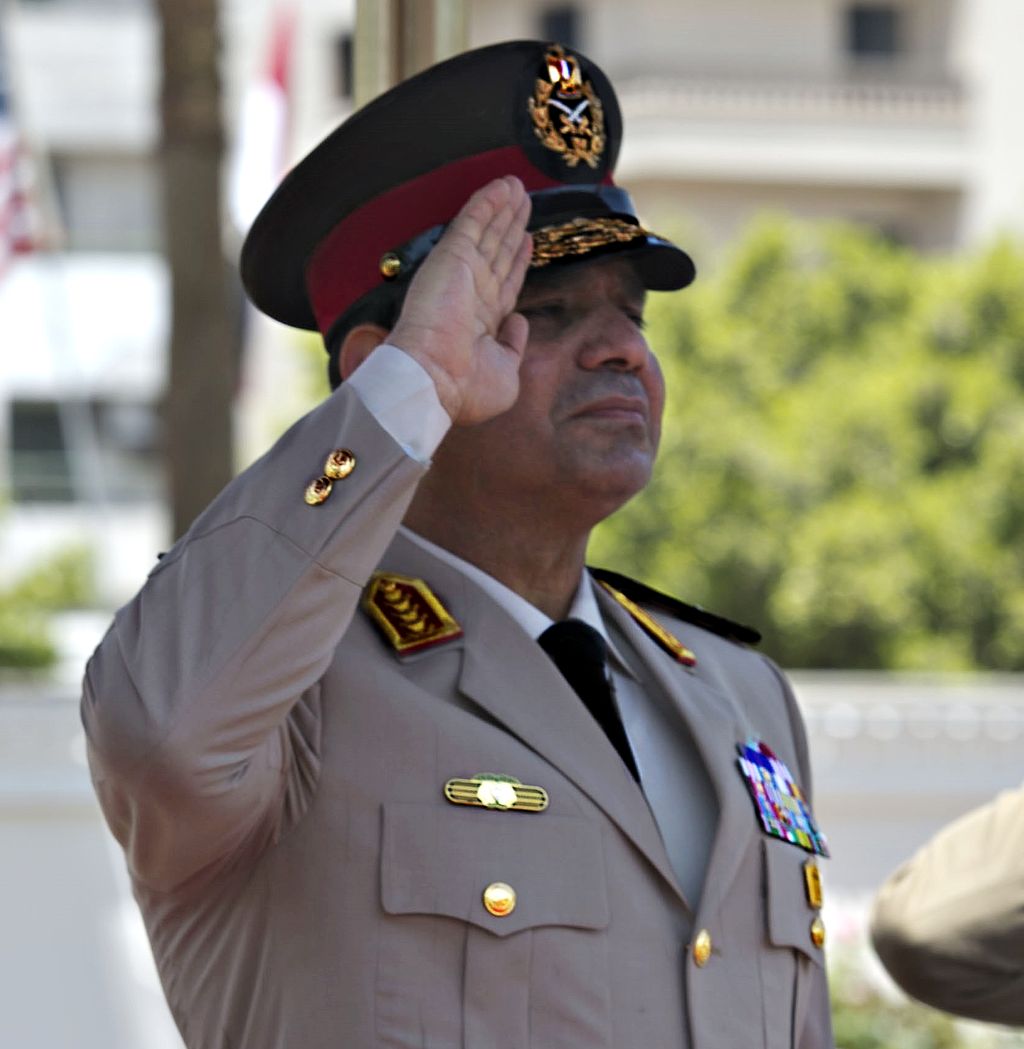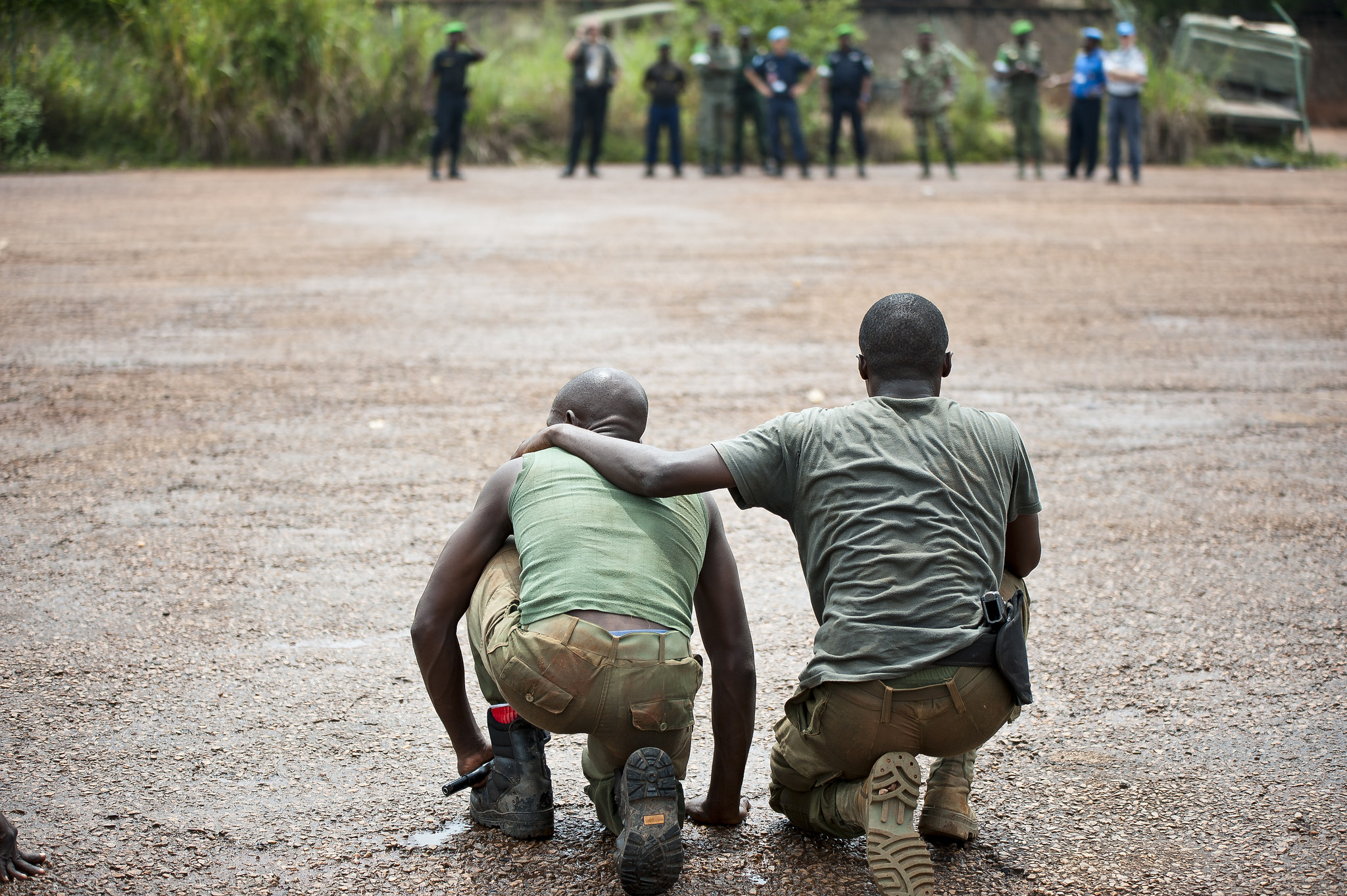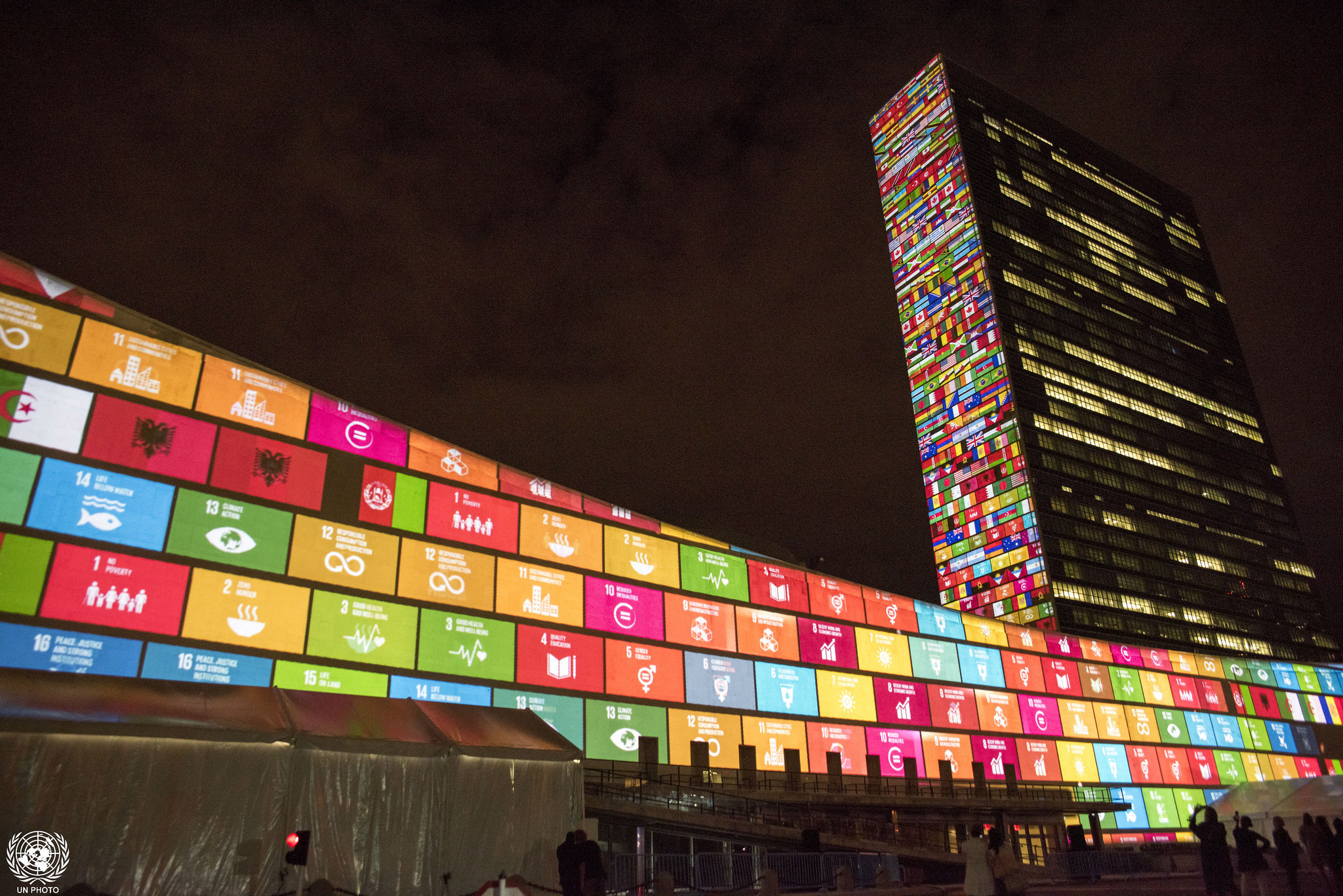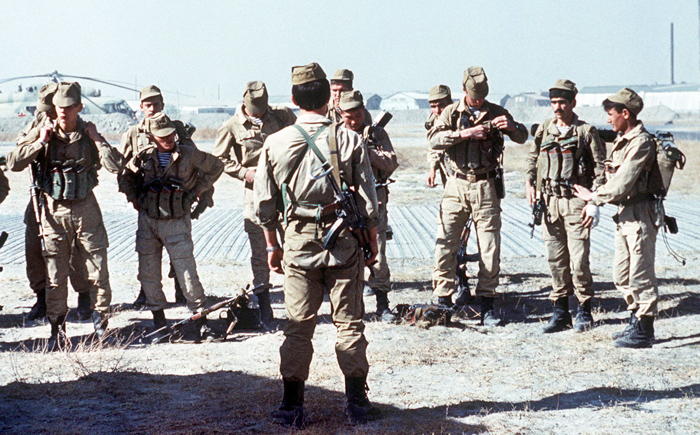By Deborah Avant for Denver Dialogues.
Despite a wealth of studies in the last 25 years documenting “governance” by rebels, NGOs, companies, and many others, when we think of who governs, our answer is generally still “the state”. Danielle Jung, Wendy Wong, and Amanda Murdie have joined the ranks of those who would like to shake up this perspective. They hosted a workshop to begin parsing out who, exactly, are the non-state “governors”, and to focus attention on the causes and consequences of their participation in a particular set of governance functions: the provision of “public” goods and services. You will no doubt hear more from them in the coming months and years but the initial discussion has already demonstrated the value of cross-fertilizing conversations.
First, it is worthwhile to encourage discussion among analysts focusing on different types of non-state actors. There is a growing literature on NGOs, in their various forms, and their participation in both advocacy and service delivery. A smaller group of scholars also examine the role of companies in governance. And there is a burgeoning set of analyses on rebel governance. While some have focused on commonalities between these companies and NGOs – as well as attempts to theorize about authority types or authorities in governing – scholars have not yet included all of these in one framework. And yet it is clear that there are shared patterns among these different groups.
For instance, companies in Colombia engaged with both government and rebel groups to dampen the conflict there. And the actions of one non-state actor can affect another. Elsewhere, the Taliban’s targeting of communities assisted by NGOs has frustrated the assumed relations between development aid and state building there. Protests against Shell affected the company’s security concerns in Nigeria, but transnational advocacy groups affected how they thought about appropriate solutions.
It is also beneficial to bring the comparative politics and international relations literatures on non-state governance into conversation with each other. Comparativists have focused much more on the provision of services, while international relations scholars have been more attentive to the transnational components of advocacy, relief, and a wide range of development services on the one hand, and rebel or other violent service provision, on the other. In this moment when transnational connections are ubiquitous, the divide between purely domestic services and those with transnational connections and/or implications is blurred. Work on governance from comparative politics shows that weak and strong governments frequently collaborate with others to provide critical services – even security services like policing. Work from international relations shows that global interactions affect the construction of norms about how services, like policing, should be provided. We might expect, then, that the militarization of policing in the US could impact everything from the kind of gear to the plans that private police trainers have on file – and potentially reinforce similar tendencies in other countries. Politics is increasingly global, calling for more conversation between comparative politics and international relations in general; the study of non-state governance can gain much from these conversations.
Finally, there are benefits from thinking about both state and non-state actors from different starting points. What is a non-state actor and how do we imagine what might drive its actions? Some approach this question by seeing different types defined by their preordained essential qualities: companies seek to maximize profits, NGOs pursue principled commitments, rebels aim to overthrow the government, and states are monopolists of violence. But others challeng this substantialist orientation with a relational one, arguing that the qualities associated with governments, companies, and NGOs have shifted over time. Humanitarians moved from efforts to relive the pain and suffering of wounded warriors and civilians caught in the crossfire to seeking to address root causes in the era of “neohumanitarianism”. Similarly the era of neoliberalism brought with it an increasing company focus on shareholder concerns (as opposed to those of employees or consumers). But during this time companies have also grown to see additional responsibilities in corporate social responsibility. Relational orientations see more fluidity in the qualities of different types of actors and attend more to the relations among actors that generate stability or change in practices. Successfully conceptualizing and defining non-state actors for scholarly study – while remaining open to the processes that lead these definitions to shift – is a problem for scholars of state and non-state actors alike.








1 comment
I think it might be more useful to define the state, not as a virtual synonym for government, but as the whole structure of relations, activities, and institutions created and maintained by a government and its associated ruling class. In this view, most NGOs are an aspect of the state, usually embodied (legally) in corporations chartered under some government or associations of governments. (Rebels may be outside the set of existing states but they are usually intent on creating a state.) Thus, an NGO or business corporation exerting governmental powers like Welfare or policing would be interpreted, not as an alternative to the state, but a particular facet of the state. The reason this is important is because of the intrinsic violence of the state, derived as it is from the Gewaltmonopol of the government, which affects what it does, how it behaves, and how its actions are received.